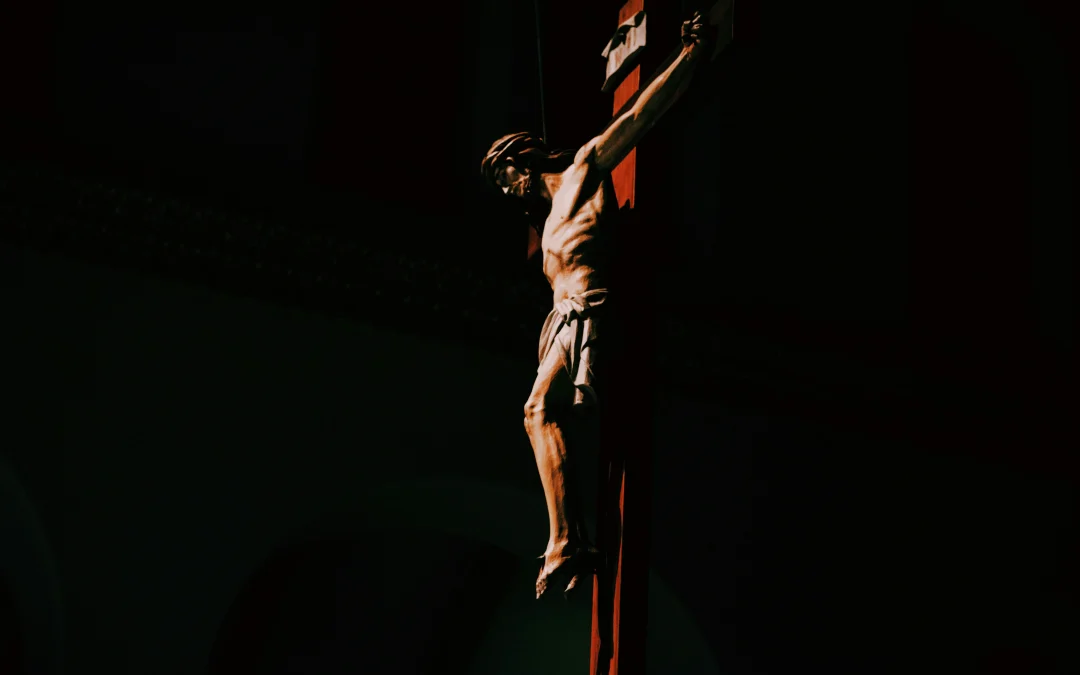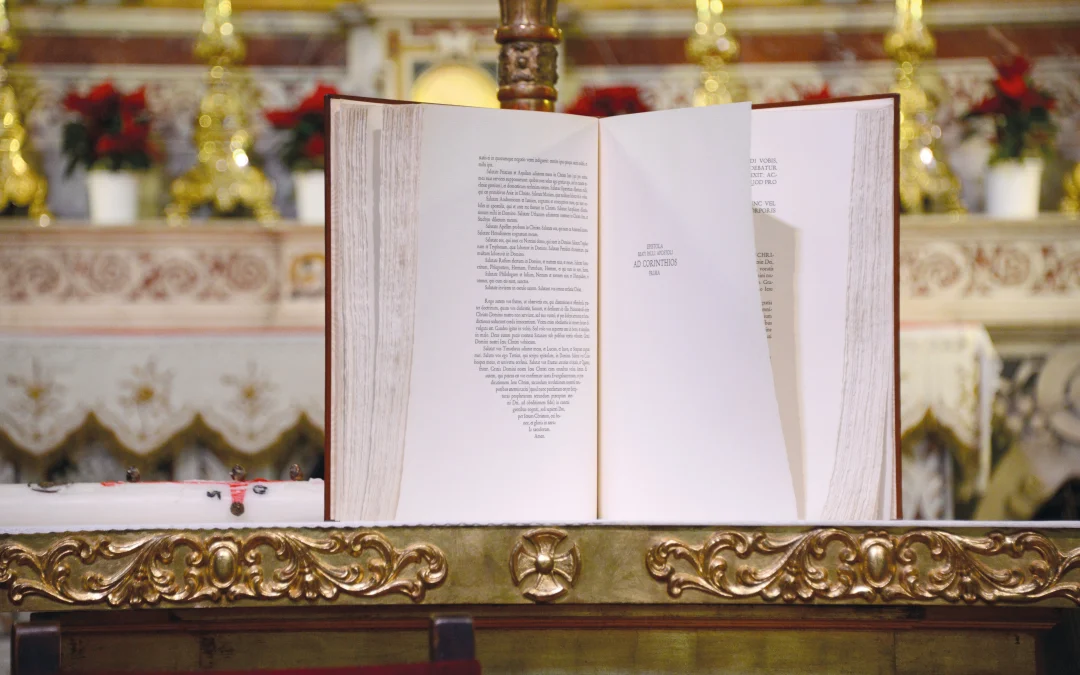Saint Alphonsus Maria de Liguori, 1696-1787, born into wealth and influence, was initially trained as an attorney. Suddenly realizing that his interest in legal victories was greater than his interest in obtaining justice, he renounced his legal career. He pledged to the Blessed Virgin Mary a more faithful Christian life, care for others, and dedication to Our Lord. He gave himself to Our Lady of Mercy’s intercession.
As a young layman and later as a priest, he helped individuals in their greatest suffering, even accompanying those to be executed in their last moments. The quality of compassion is evident from his early adulthood, as he struggled to overcome natural reticence. He was so burdened by his sense of inadequacy that, throughout his lifetime, he entrusted himself to wise spiritual directors. While world leaders often exude self-confidence, this saintly priest worked to overcome scrupulosity and self-doubt. He even delayed his priestly ordination until he was convinced that he could fulfill, with God’s grace, the noble priestly vocation.
Saint Alphonsus began his priestly service to the poor, uneducated people in the rugged mountains of southern Italy. In the mid-18th century, a person would need to memorize Church doctrine before receiving First Communion and use precise words before receiving absolution in the sacrament of Penance. Many of the uneducated were unable to meet these rigorous requirements. Saint Alphonsus relieved the burdensome requirements for receiving the Blessed Sacrament and the sacrament of Penance. Crying out in the public squares, he exhorted individuals to receive the sacraments. He encouraged repentance, the forgiveness of enemies, and conversion toward God, warning of eternal damnation for the recalcitrant sinner and imparting words of God’s mercy for the repentant.
Gradually, he attracted other priests to join him in this pastoral work. Trusting in God’s providential care, these itinerant preachers traveled into remote mountain villages. The priests lived together in poverty and shared a common life of prayer. However, the initial group disbanded in light of a variety of complaints against this arduous life. Saint Alphonsus was left with solely one follower. Following consultation with his spiritual director, he began again.
The Congregation of the Most Holy Redeemer
He soon collected other followers, who formed the Congregation of the Most Holy Redeemer (Redemptorists). The Redemptorists spread into other dioceses and countries. The priests lived in poverty, traveling and preaching. Saint Alphonsus’ health declined: his booming voice became a rasping whisper, while he urged contrition for sins. His back, bent with scoliosis and arthritis, was repeatedly jostled as he walked or rode mules in rough terrain. His vision gradually deteriorated, leading to blindness in the final years of his life. Through all these infirmities, Saint Alphonsus held nothing in reserve; his was a total self-gift to God.
He tried to avoid being ordained a bishop and was successful for a while. But, in 1762, he was named bishop of the Diocese of Saint Agata dei Goti in southern Italy and saw the expression of God’s will. He also continued as the superior general of the Redemptorists.
Over time, his role as preacher and confessor expanded to writing books and pamphlets on moral theology. His writings influenced other priests and aided in the formation of seminarians throughout the world. He spread Marian devotion, expressing especially the compassion of Our Lady:
This most benign Lady only requires that the sinner should recommend himself to her, and [make a] purpose [of] amendment. When Mary sees a sinner at her feet, imploring her mercy, she does not consider the crimes with which he is loaded, but the intention with which he comes; and if this is good, even should he have committed all possible sins, the most loving mother embraces him, and does not disdain to heal the wounds of his soul; for she is not only called the Mother of Mercy, but is so truly and indeed, and shows herself such by the love and tenderness with which she assists us all.
Honor To Mary, Mother of Mercy
This beloved saint never failed in his honor of the Mother of Mercy. Among other devotional practices, he stirred pious reverence for the Sacred Heart of Jesus. He wrote poetry and music, as he found that the uneducated people could readily be drawn to God in music and verse. He instructed preachers and confessors to awaken within themselves love for God.
In the first place, the preacher, if he wishes that his preaching shall produce abundant fruit, should propose to himself the proper end – that is, to preach, not with a view to obtain honor, or applause, or any temporal advantage, but solely to gain souls to God; and hence it is necessary, that when he enters upon his exalted office of divine ambassador, he should pray to God fervently to inflame his heart with his holy love…
Only one century before, Cornelius Jansen preached with a different message. Rather than the loving Mercy of God, Jansen preached the defeat of man due to sin and the inability to bridge the gulf of his sinfulness as God withheld grace from some individuals.
The writings of Saint Alphonsus lifted great burdens and restored hope in a loving God. Saint Alphonsus encouraged the Faithful to rejoice in the reception of the sacraments and their relationship with God.
One can only marvel at the work of God within this sympathetic saint in overcoming his own sense of unworthiness and influencing so many by his charitable words.
The obstacles in the life of Saint Alphonsus – abandonment by cherished followers, physical decline, hardship, a sense of unworthiness – have been the experience of others. Perhaps we can each reflect on the lessons he imparted and our own steps toward virtue.
- St. Alphonsus de Liguori, The Glories of Mary, Redemptorist Fathers, Brooklyn, 1931, p. 74.
- St. Alphonsus de Liguori, The Sermons of St. Alphonsus Liguori, Instruction to Preachers, Tan Books 1982, p. xxiii.
- Jansenism was condemned as a heresy in 1653 by Pope Innocent X. However, this heresy had strong adherents, who continued to distort the Church’s teachings.
This is a guest post written by Sr. Mary Judith RSM.











